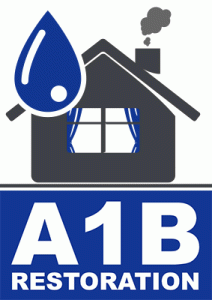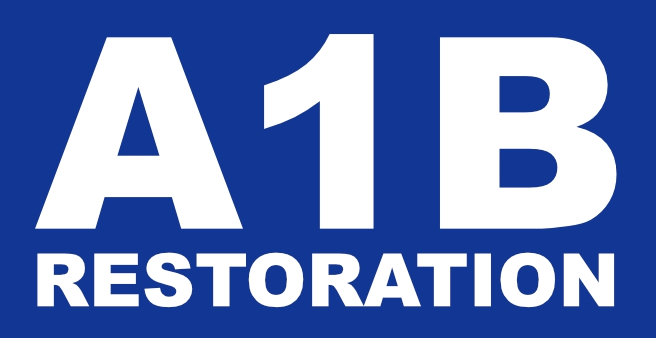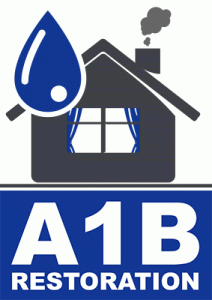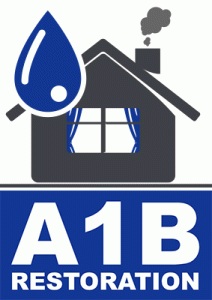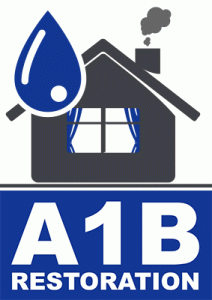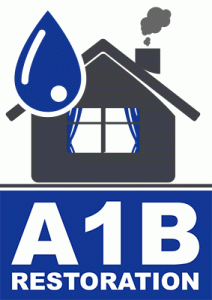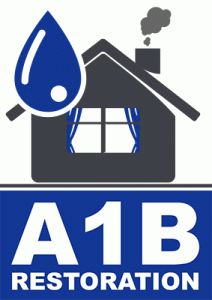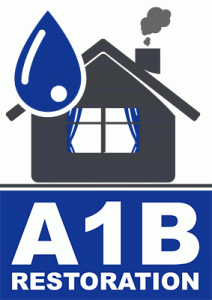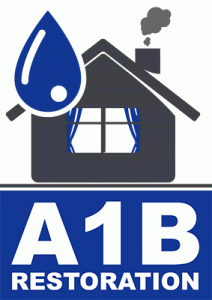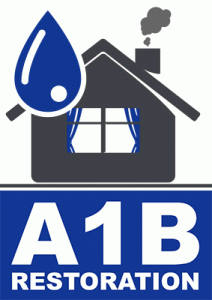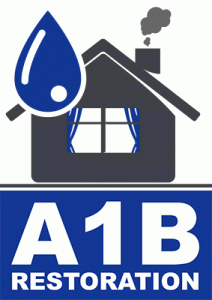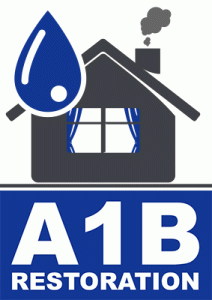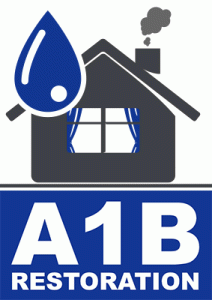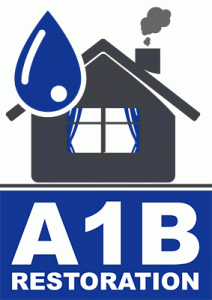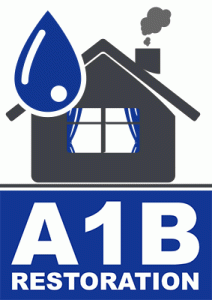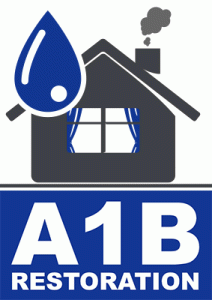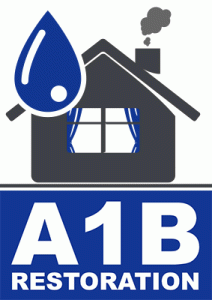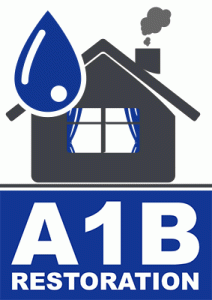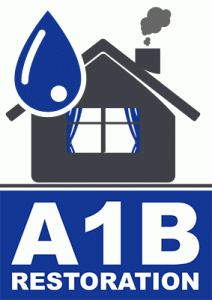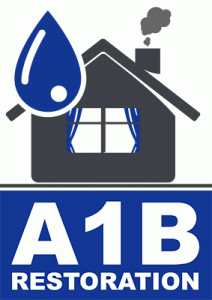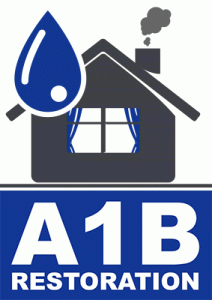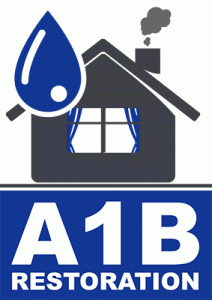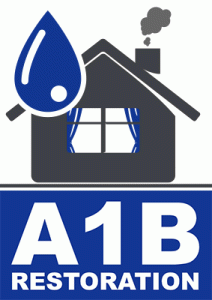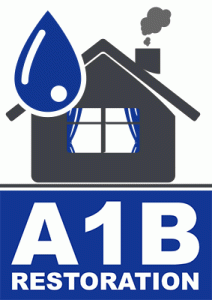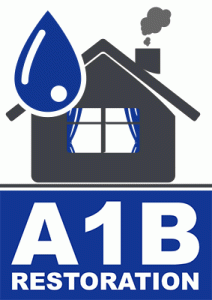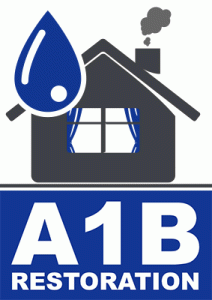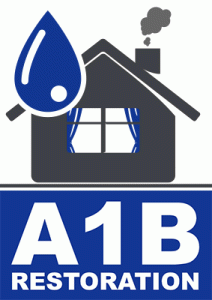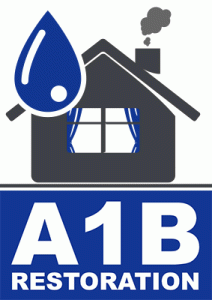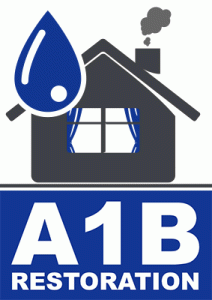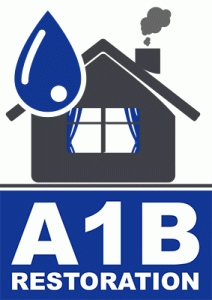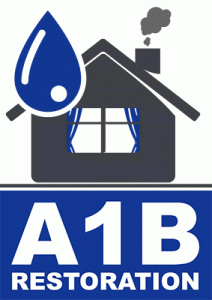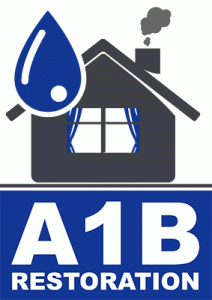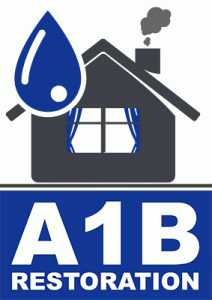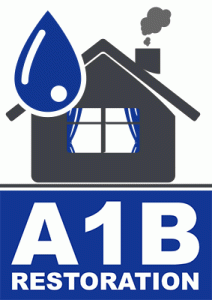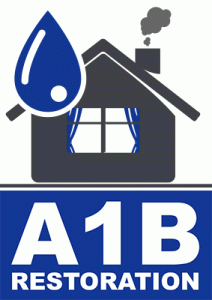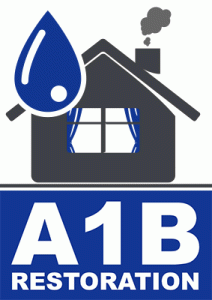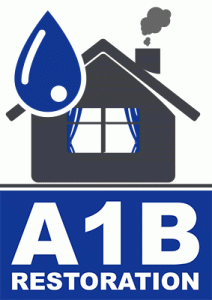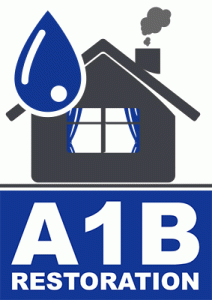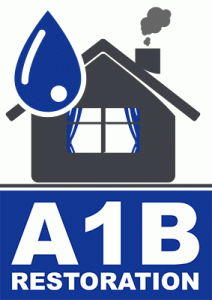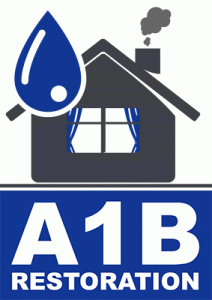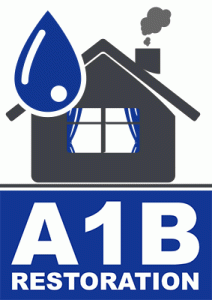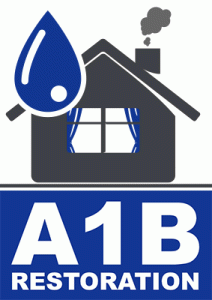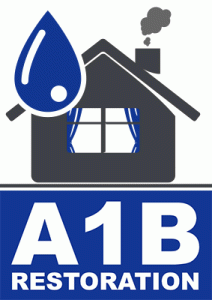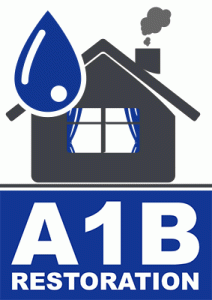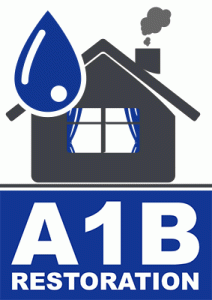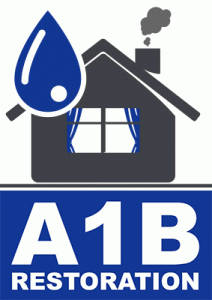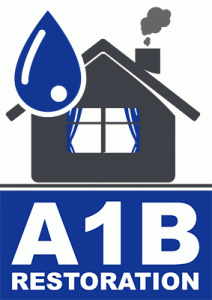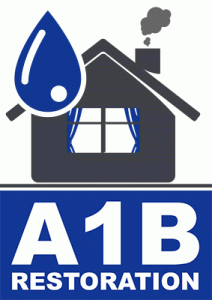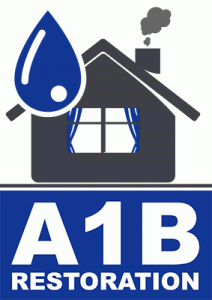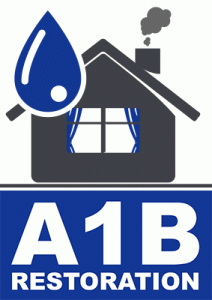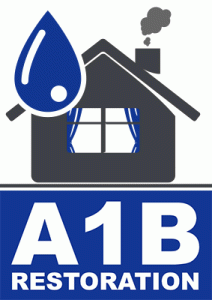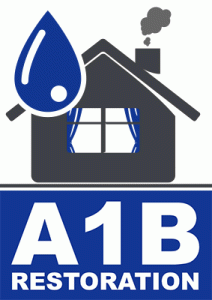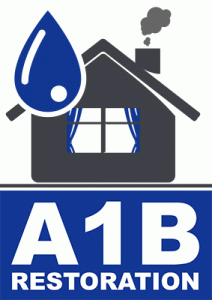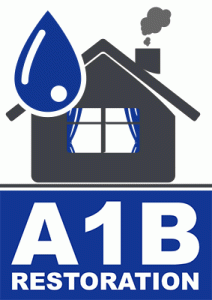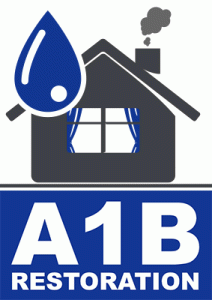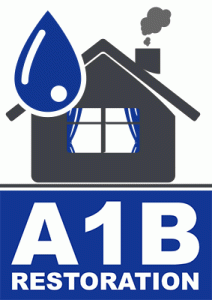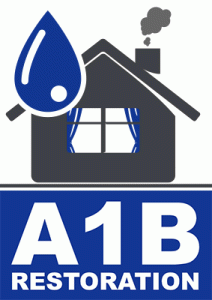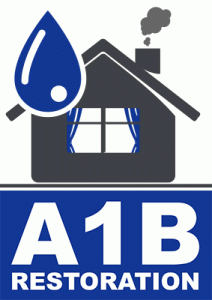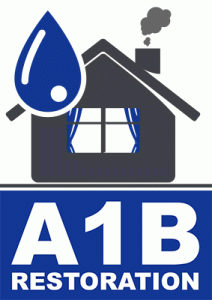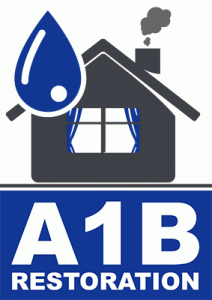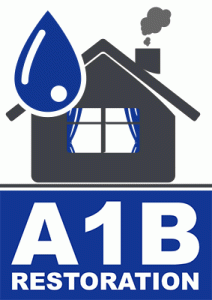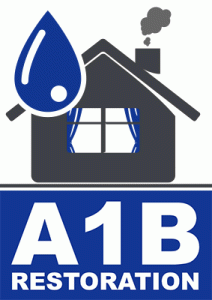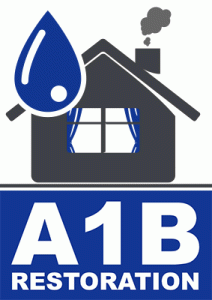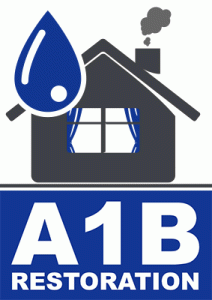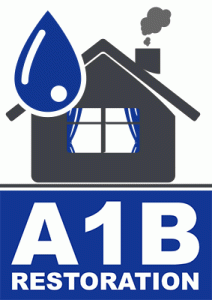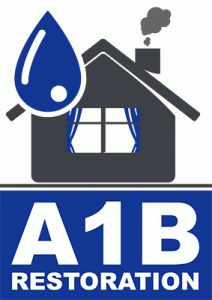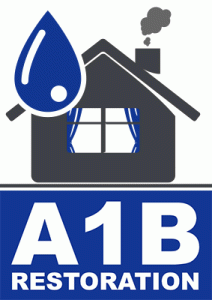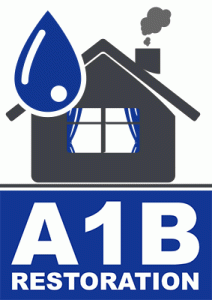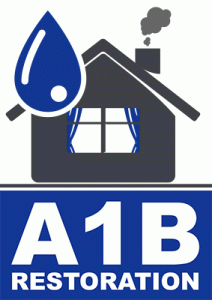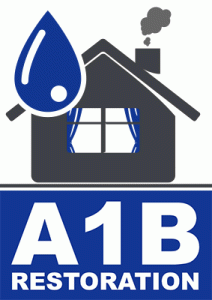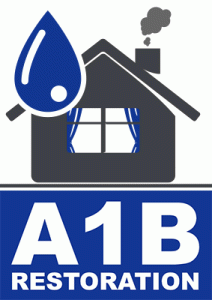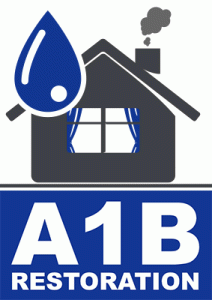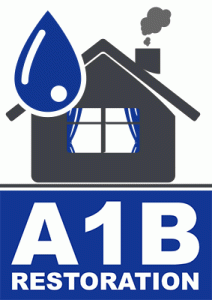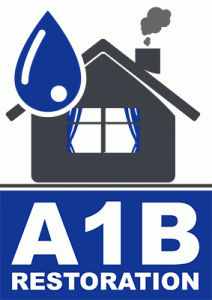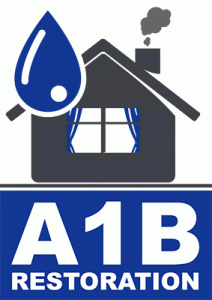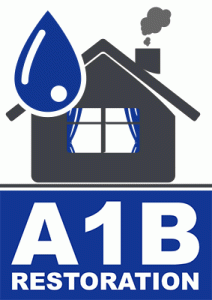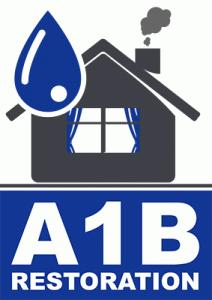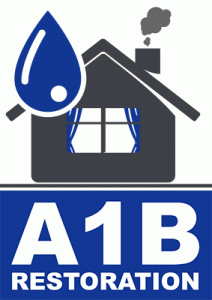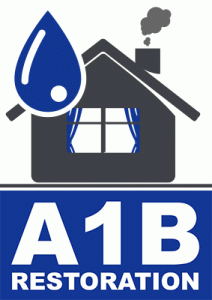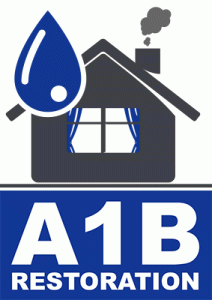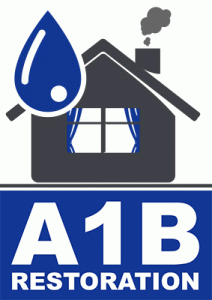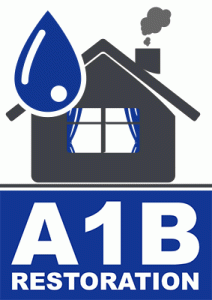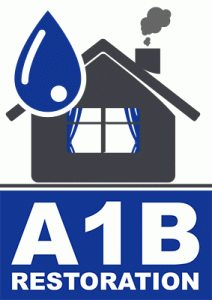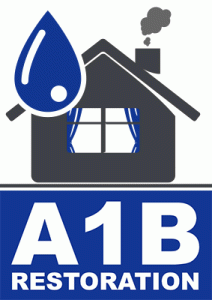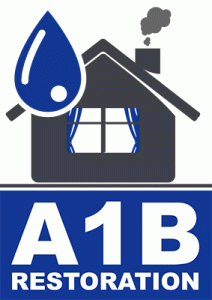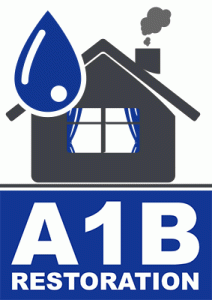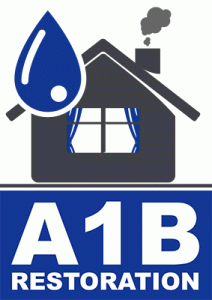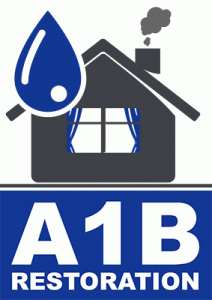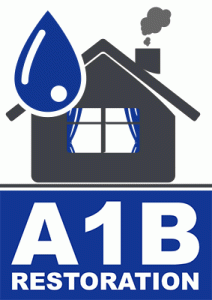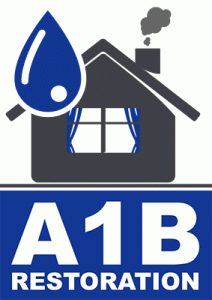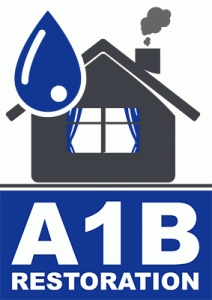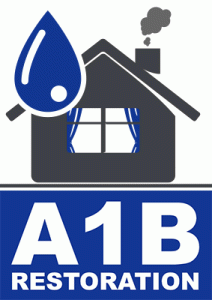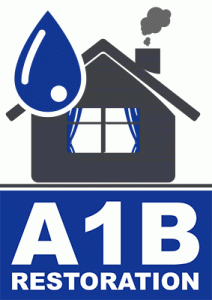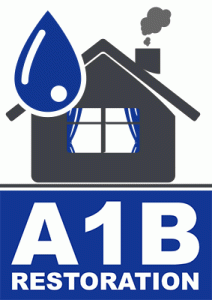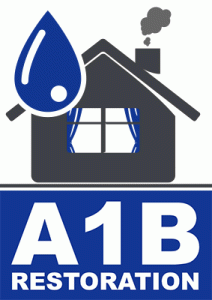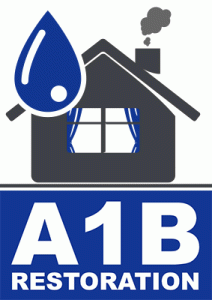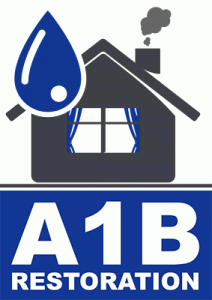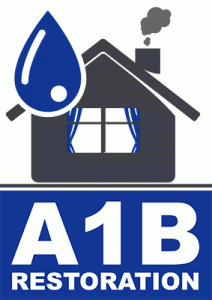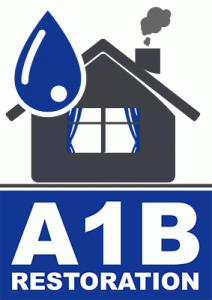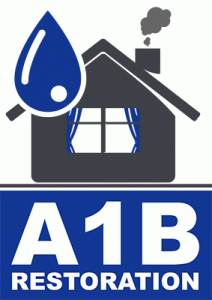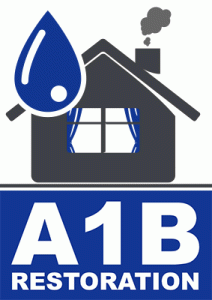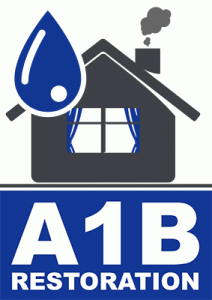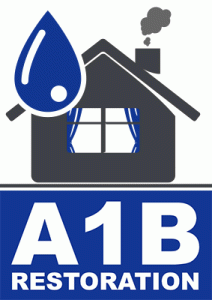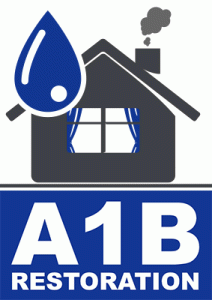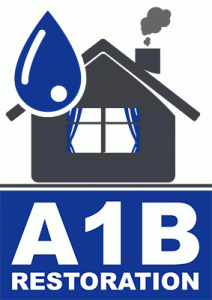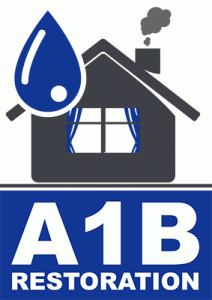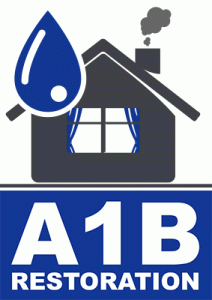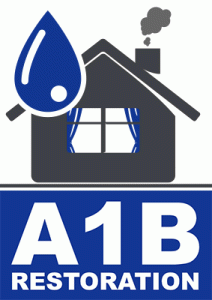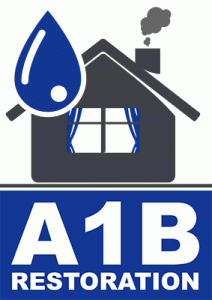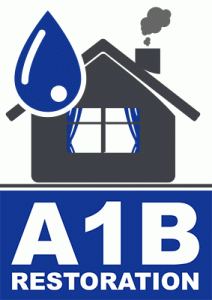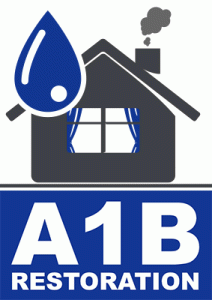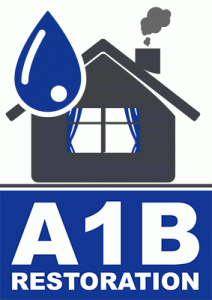How Does Water Damage Affect Home Value?
Water damage is a homeowner’s nightmare, not just because of the immediate destruction it can cause, but also due to the long-term effects it has on property value. Understanding how water damage impacts your home’s worth is essential, whether you are buying, selling, or maintaining a property. This blog post will delve into the various ways water damage can affect home value, offering insights, statistics, and actionable tips to help you manage and mitigate these effects effectively.
Understanding Water Damage: An Overview
Water damage occurs when water intrudes where it shouldn’t, causing deterioration to materials and systems in a home. It can result from various sources such as leaks, floods, or high humidity. According to the Insurance Information Institute, water damage accounts for nearly 24% of all homeowner insurance claims, showcasing its prevalence and potential impact.
Common Causes of Water Damage
Common causes include burst pipes, roof leaks, and natural disasters. FEMA reports that floods are the most common and costly natural disasters in the United States. Understanding these causes can help homeowners take preventive measures.
The Impact of Water Damage on Home Value
Water damage can significantly reduce a home’s market value. It affects the structural integrity of a property, leads to mold growth, and diminishes aesthetic appeal. Let’s explore these consequences in detail.
Structural and Aesthetic Impacts
Water can weaken the foundation, warp floors, and damage walls. Even after repairs, potential buyers might be wary of lingering issues, which can reduce the sale price by 10% to 20% according to real estate experts.
Mold and Mildew Concerns
Mold thrives in moist environments and can cause health issues, making a home less appealing. The presence of mold can decrease property value by up to 23%, as stated by HomeAdvisor.
Financial Implications of Water Damage
Repairing water damage and addressing its consequences can be costly. The average insurance claim for water damage is approximately $10,000, but out-of-pocket expenses can be much higher if not covered by insurance.
Insurance Impacts
Repeated water damage claims can increase homeowner insurance premiums. Some policies may not cover all types of water damage, so it’s important to have comprehensive coverage.
Actionable Tips to Mitigate Water Damage
Preventive measures can save you from the financial and emotional toll of water damage. Here are some strategies to protect your home:
Regular Maintenance
Inspect your roof, gutters, and plumbing regularly. Address any leaks or potential issues immediately to prevent further damage.
Install Water Detection Devices
Consider installing water sensors in areas prone to leaks, such as near water heaters or washing machines. These devices can alert you to potential leaks before significant damage occurs.
Understand Your Insurance Policy
Review your homeowner’s insurance policy to understand what types of water damage are covered. Consider additional flood insurance if you live in a high-risk area.
Conclusion: Safeguarding Your Home’s Value
Water damage can have a devastating effect on your home’s value, but with the right knowledge and preventive measures, you can protect your investment. Regular maintenance, understanding insurance policies, and taking proactive steps can mitigate the risks associated with water damage. Stay informed and vigilant to ensure your home remains a valuable asset for years to come.
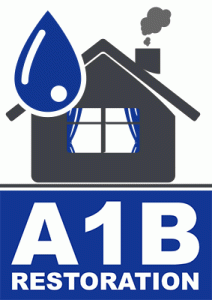
Grapevine Texas restoration water damage companies
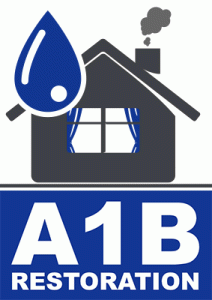
residential water damage restoration Irving Texas
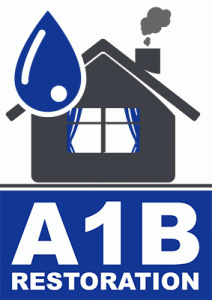
best water damage restoration near me Addison Texas
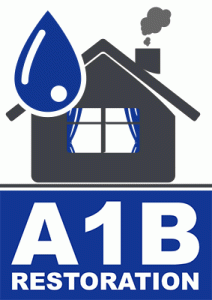
North Richland Hills TX water damage restoration companies near me
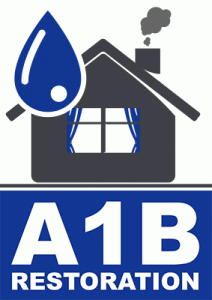
water damage restoration services near me Wylie Texas
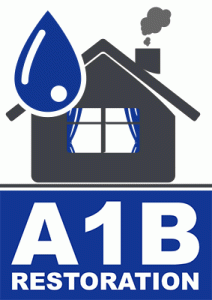
emergency water damage restoration Lake Highlands Dallas Texas
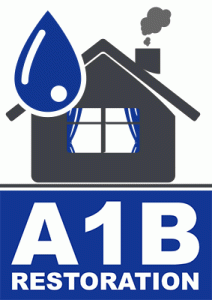
Duncanville Texas water damage restoration near me
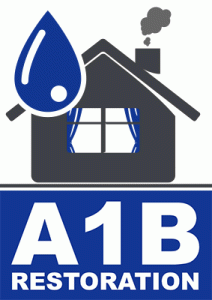
Richardson Texas water damage restoration near me
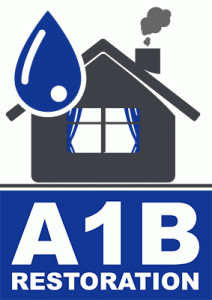
Richardson TX water damage restoration companies
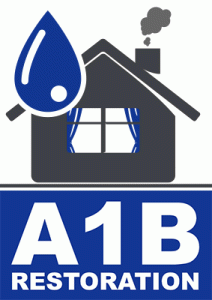
residential water damage restoration Rowlett Texas
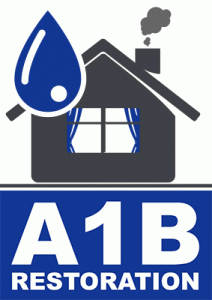
water mitigation company near me Duncanville Texas
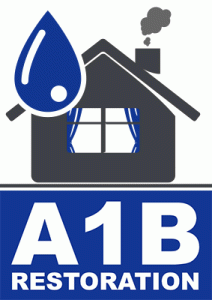
water damage cleanup companies Lakewood Dallas Texas
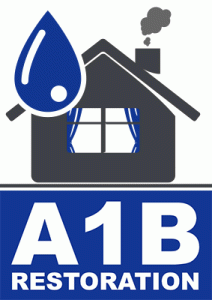
water mitigation company near me Lakewood Dallas Texas
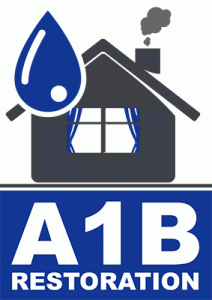
Carrollton Texas water damage restoration service near me
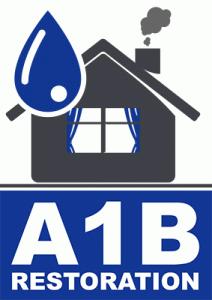
Haltom City Texas water damage restoration service near me
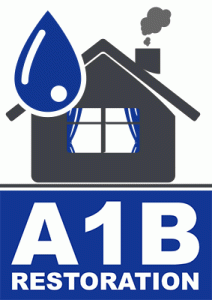
Lewisville Texas water damage restoration near me
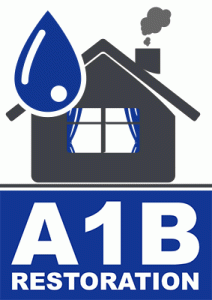
Preston Hollow Dallas Texas water damage restoration near me
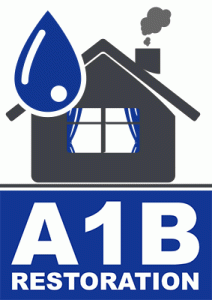
Highland Park Texas water cleanup service near me
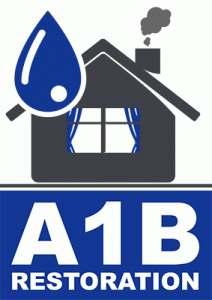
Grapevine Texas water damage restoration service near me
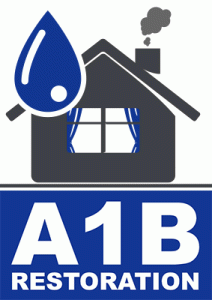
Allen Texas water damage restoration service near me
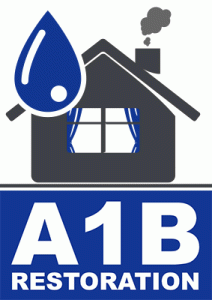
Keller TX water damage restoration companies near me
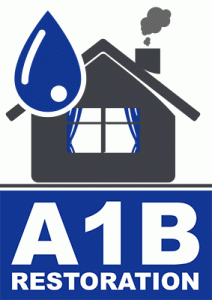
Denton TX water damage restoration companies near me
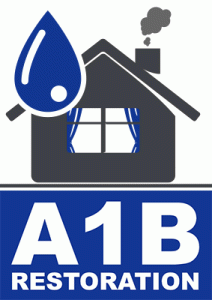
Lake Highlands Dallas TX water damage restoration company
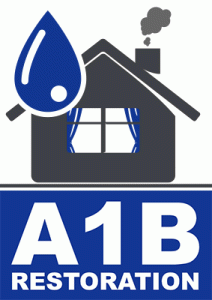
Garland TX water damage restoration companies near me
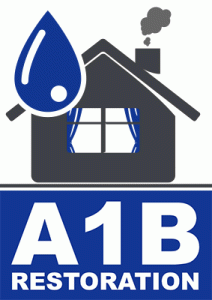
Carrollton TX water damage restoration companies
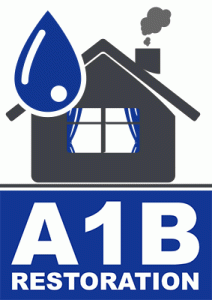
Haltom City TX water damage restoration services
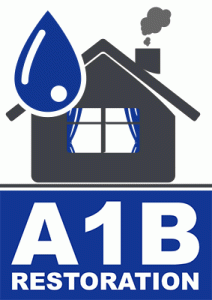
water damage restoration services near me Lake Highlands Dallas Texas
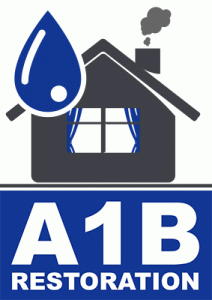
best water damage restoration near me Duncanville Texas
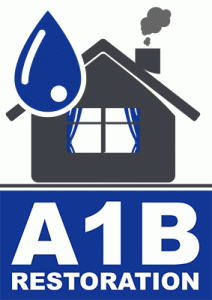
residential water damage restoration Lakewood Dallas Texas
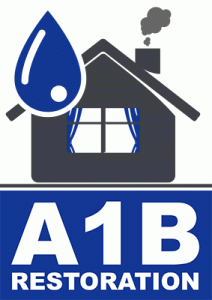
water damage company near me North Richland Hills Texas
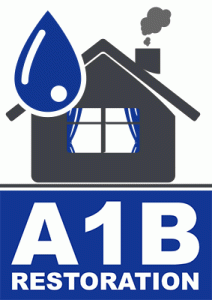
water damage and restoration companies Frisco Texas
